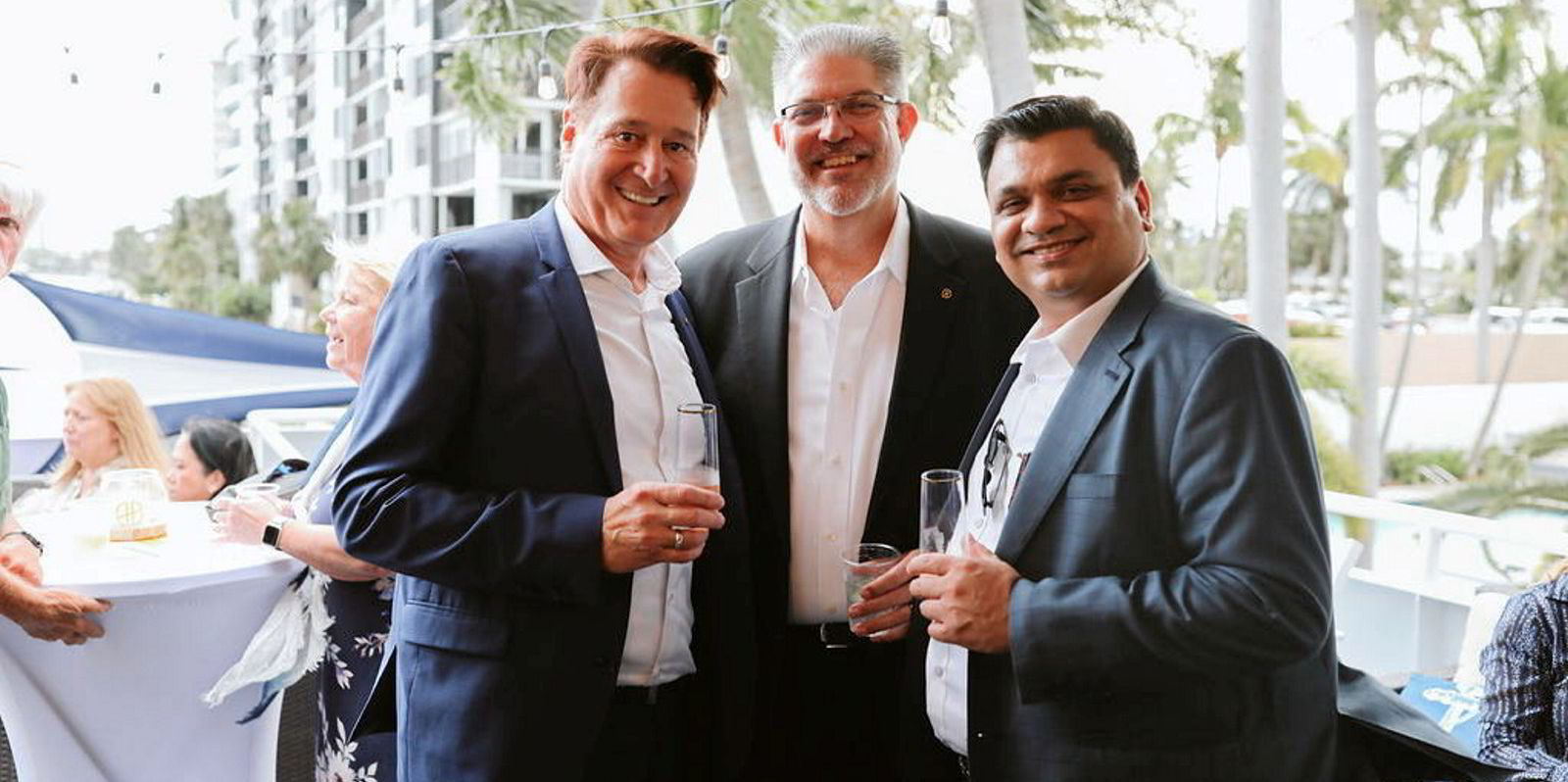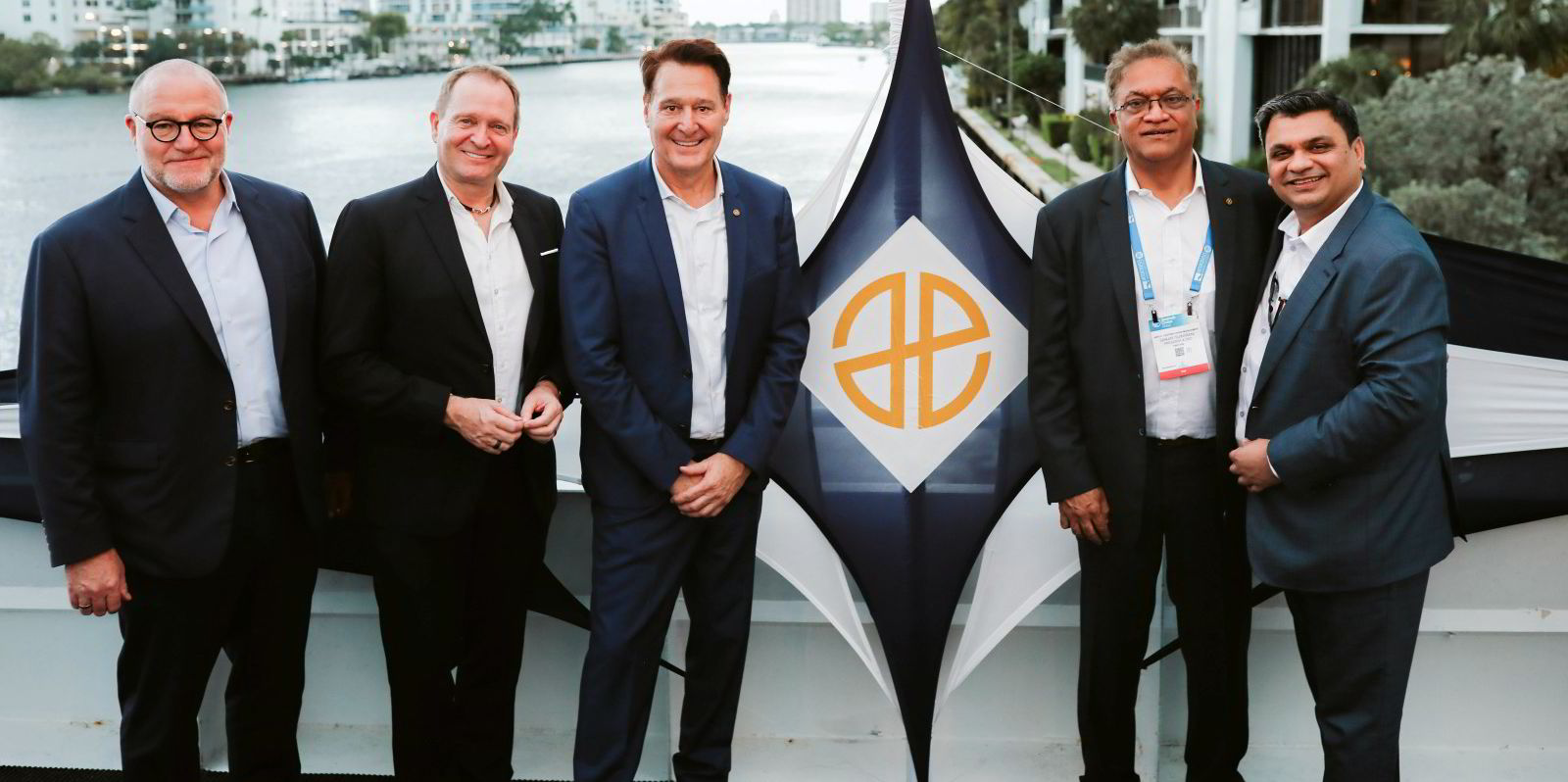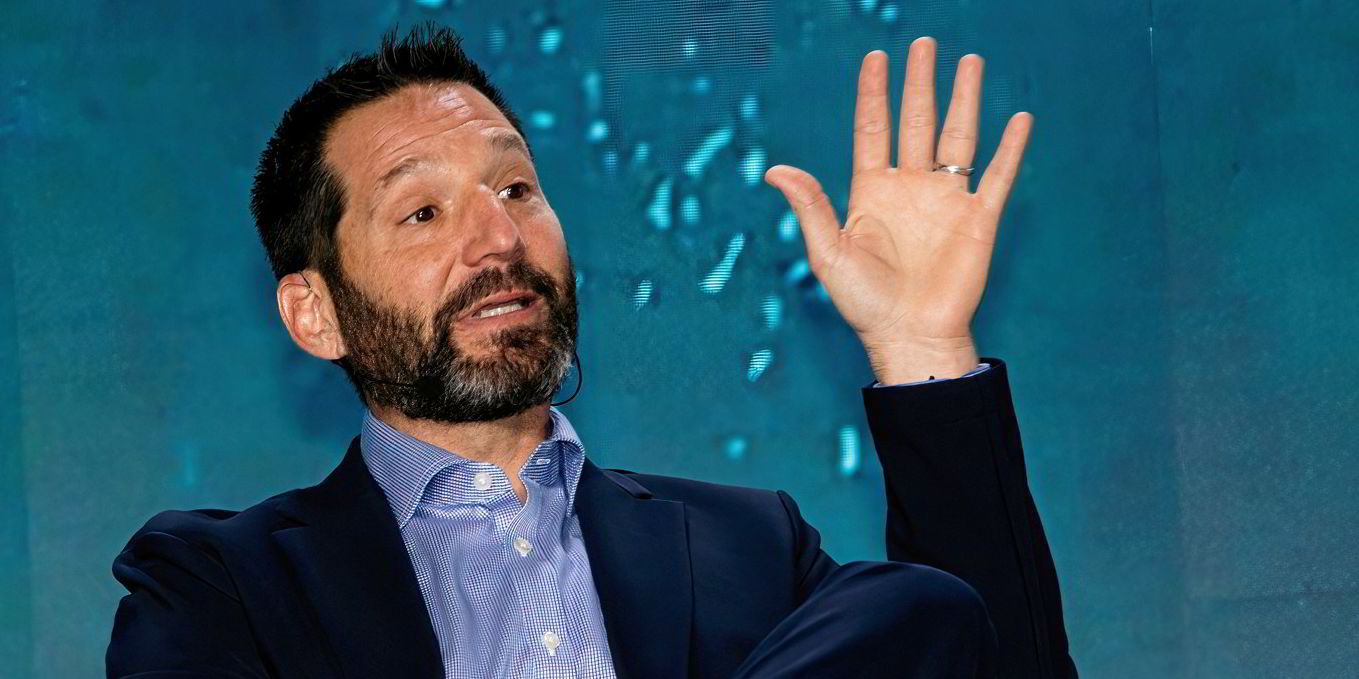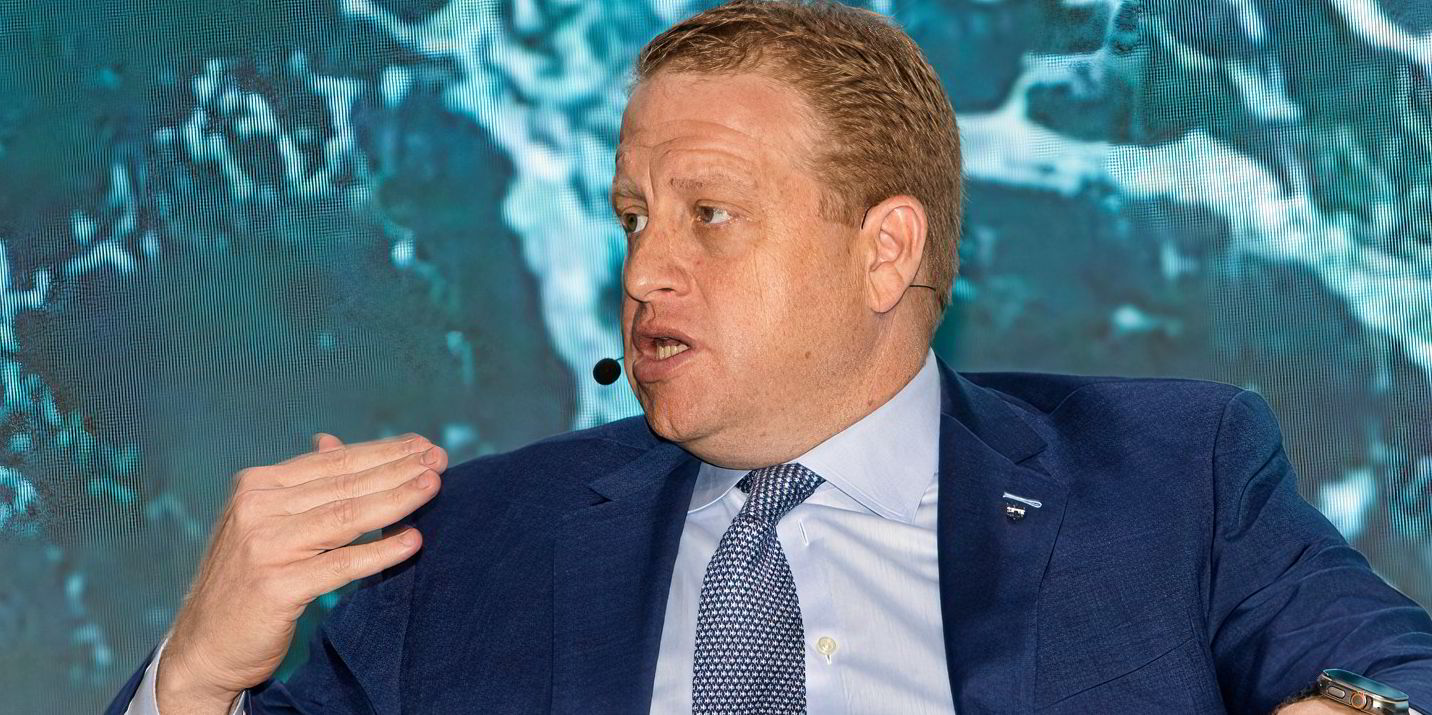When Sanjay Sukhrani looks at ship management in the cruise industry, he sees a sector in a place where tankers were four decades ago.
And although today he is chief executive of Miami-headquartered Anglo-Eastern Cruise Management, Sukhrani knows something about tankers, having spent most of his career in the sector, most recently as chief operating officer at Connecticut’s Diamond S Shipping.
In the 1980s, in order to be a tanker owner of substance, a company had to have everything under its corporate umbrella, just like the big four cruise ship operators today, he said.
“But over the last 40-odd years, even oil companies have fully accepted the fact that third-party ship management is here to stay. The largest of shipowners in the world now have outsourced — John Fredriksen, for example,” Sukhrani said in an interview with TradeWinds.
Hong Kong ship management giant Anglo-Eastern is now betting that the cruise sector is ripe to begin taking the same path towards outsourcing.
Last year, the Hong Kong company announced a deal to take over CMI, made up of two companies involved in the ship and hospitality management for cruise companies — although none of the big four of Carnival Corp, Royal Caribbean Group, Norwegian Cruise Line Holdings and MSC Cruises.
After the takeover was concluded in December, ship manager Cruise Management International was officially rebranded during the March Seatrade Cruise Global conference as Anglo-Eastern Cruise Management. The unit brought in a fleet of 20 vessels under either full technical, crew management or compliance management, 2,300 seafarers and expansion plans that will require another 300 mariners.
Hospitality arm CMI Leisure Management was simultaneously rebranded Anglo-Eastern Leisure Management, although its chief executive remains the same in the form of Dietmar Wertanzl.
The duo also brought in a customer portfolio that includes shipowner SunStone Ships and cruise lines Aurora Expeditions, Albatros Expeditions, Poseidon Expeditions, Quark Expeditions, American Queen Voyages and Margaritaville at Sea.
A win-win
Sukhrani, who took the helm at Cruise Management International last year and said cruise veteran Wertanzl has been key to getting to grips with the sector, explained that before the deal Anglo-Eastern had been keen to branch out into cruise. And it became increasingly comfortable with CMI after Anglo-Eastern chief operating officer Carsten Ostenfeldt became a board member at CMI owner Danish Cruise Holdings.
Both sides came to see the Anglo-Eastern acquisition as a win-win, Sukhrani said.

In addition to Anglo-Eastern winning a foothold in the cruise sector and its first office in North America, CMI will benefit from the ship management giant’s global footprint and seafarer workforce.
Wertanzl, who had been chief executive of CMI Leisure since it was created in 2015 out of the acquisition of Fleetpro, said Anglo-Eastern is focused on developing its seafarers, and the former CMI companies now can benefit from its major training centre in Mumbai.
More horsepower
And the transaction means that Anglo-Eastern’s new cruise divisions have access to a large company’s system and scale — “and more horsepower when we need it”, he said.
The two cruise executives said Anglo-Eastern Cruise and Anglo-Eastern Leisure are aiming to expand the scope of their services.
The 200-berth Ocean Albatros (built 2023) is delivered from China Merchants Heavy Industry’s shipyard in Jiangsu. Operated by Aurora Expeditions and owned by SunStone Ships. It is the newest vessel in the managed fleet of Aurora-Eastern Cruise Management. Video: Anglo-Eastern
Wertanzl said one opportunity is to offer crewing, including providing deck and engine seafarers or hotel staff. And the company can help open the door for new entrants to enter the red-hot cruise market by advising on everything from concepts and ship design to hospitality services on board.
The Anglo-Eastern takeover also means that the former CMI companies are no longer owned by their customers, although their current managed fleet is still largely made up of expedition cruise ships owned by SunStone Ships, which is still headquartered in the same office space overlooking Biscayne Bay.
Major player
Led by Bjorn Hojgaard, the Anglo-Eastern group provides technical management to some 650 vessels and crew management to 250 ships from 25 global offices. It draws from a pool of about 22,000 seafarers.
Wertanzl said that having a major ship manager’s scale behind them allows Anglo-Eastern Cruise and Anglo-Eastern Leisure to look beyond the small ship and expedition cruise sector, perhaps into other niches such as river cruising, the US-flag sector or ferries.

The cruise industry is in a unique moment. Demand for travel experiences, and for cruises in particular, has returned to the growth path witnessed before the pandemic. But cruise lines that had to shut down their operations as a result of Covid-19 are also saddled with mountains of debt, which Wertanzl said causes cost pressures.
That may add to the case for crew management and ship management, because with uncertainty over the trajectory of the economy, the strong demand picture may not last forever.
“But cost pressure is not going to go away,” the Anglo-Eastern Leisure chief said. “So maybe now a third-party solution would be good timing.”
Sukhrani said shipowners and operators in every shipping sector want the same thing — “consistent, repeatable and reproducible outcomes” — but he said Wertanzl frequently reminds him that cruise is different because it is in the experience business.
“We’re in the business of creating experiences,” the former tanker executive said. “And those experiences have to be high quality.”
The trick, he said, is delivering that on a consistent basis at a price point that is lower than what the cruise lines can achieve in house.





